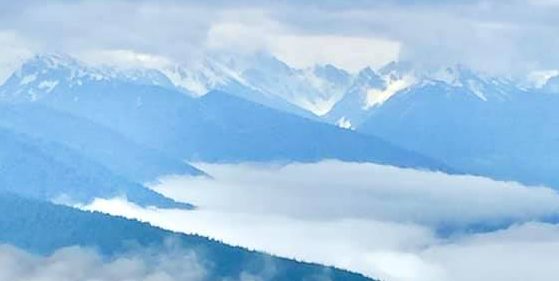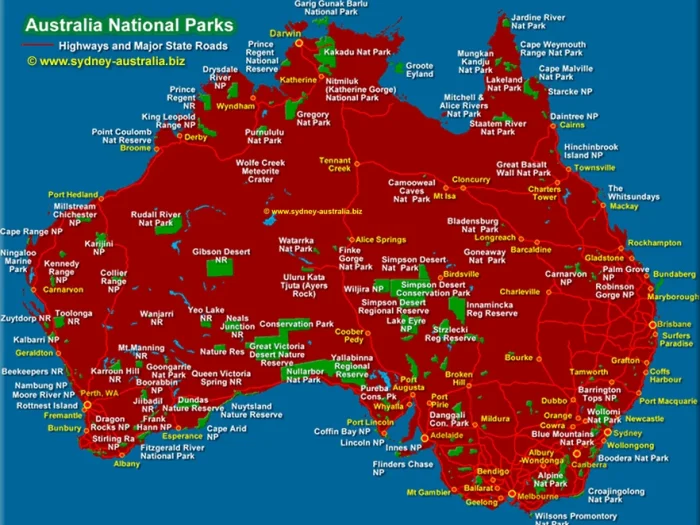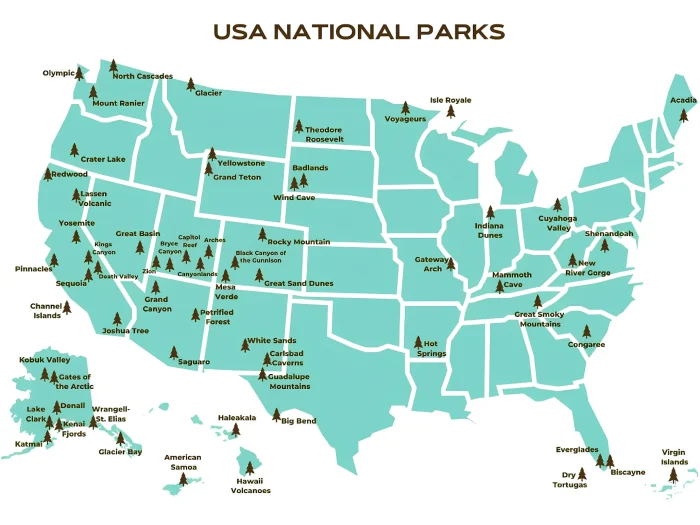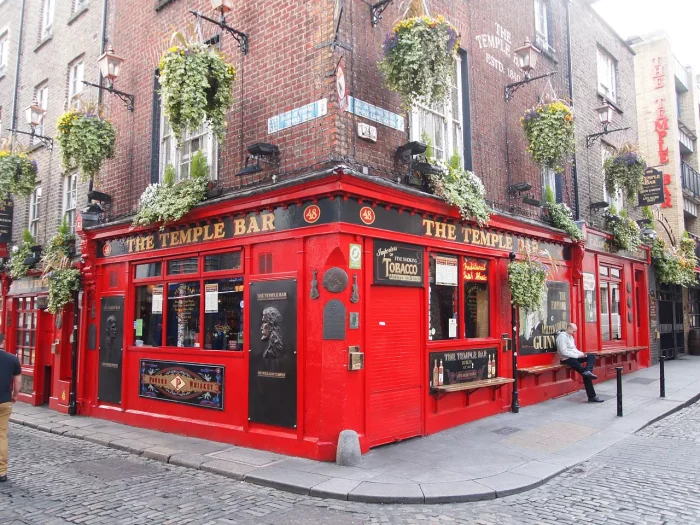How the Nature of National Parks Inspires Great Short Novels?
National parks—those vast, breathtaking reserves of nature where mountains pierce the sky, rivers carve deep canyons, and forests stretch on like timeless oceans—are, in their very essence, stories waiting to be told. Each tree has witnessed centuries, each rock formation holds memories of the earth’s ancient past. It is no wonder that these landscapes have served as muses to countless writers, especially for short novels. In fact, the connection between nature and storytelling runs deeper than mere inspiration—it taps into something primal, almost mystical, that calls to the writer’s soul.
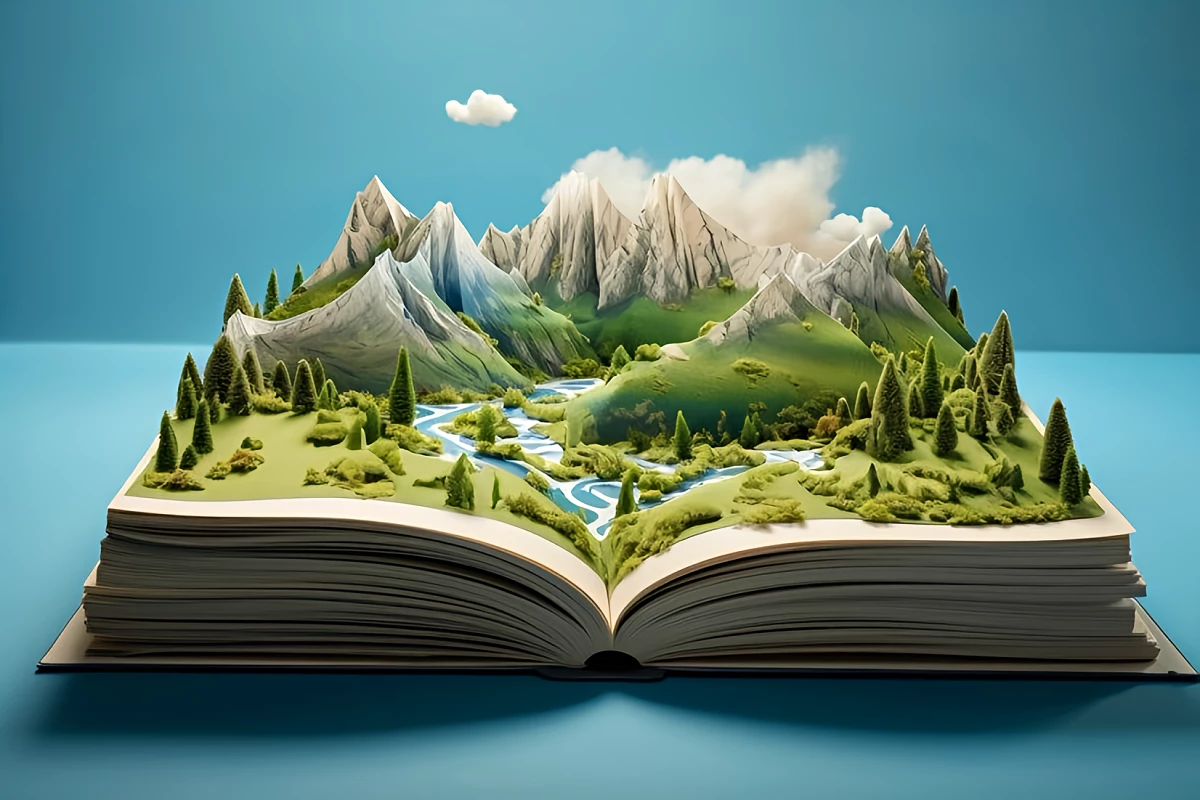
The Power of Solitude
The first thing one notices when stepping into a national park is the overwhelming silence, punctuated only by the rustling of leaves, the call of birds, or the distant rumble of waterfalls. This absence of human noise allows a writer to reconnect with their thoughts, to hear the quiet whisper of ideas that are often drowned out in the chaos of daily life. Solitude is a necessary ingredient in the creation of any meaningful work of fiction, and national parks offer it in abundance.
Consider the works of writers like Thoreau or Emerson. Their reflections on nature were born out of solitude, a deliberate choice to disconnect from society and immerse themselves in the natural world. In the same way, modern short novelists find that national parks provide the perfect backdrop for introspective, deeply personal stories. The isolation strips away distractions, leaving only the essential: the story they were meant to tell.
Landscapes as Characters
In literature, a place often acts as more than just a setting. It becomes a character with its own personality, influencing the events and emotions of the story. Take Ernest Hemingway’s short stories, many of which are set in wild, untamed landscapes. The terrain isn’t just a backdrop but an active participant in the narrative. In national parks, novelists find a perfect partner in this creative endeavor. A towering mountain range or a dense forest can serve as metaphors for the internal struggles of a protagonist, the harshness of the elements reflecting the emotional turmoil within.
The landscape becomes more than just a setting—it mirrors the psyche of the characters. Writers use the unpredictability of nature, with its sudden storms or moments of serene beauty, to shape the arcs of their narratives, making the environment a silent but powerful force in the storytelling.
The Element of Adventure
The thrill of stepping into the unknown is another reason national parks ignite the imaginations of novelists. Writers are, in essence, adventurers of the mind, constantly exploring new ideas, themes, and character dynamics. The physical act of hiking through a national park mirrors the creative journey. You never quite know what you’ll encounter around the next bend—an unexpected view, a hidden waterfall, or a dangerous cliff.
Inspiration from national parks for fiction alone may not be enough. Often, some exciting stories are needed. What could be more exciting than the stories of enemies-to-lovers books, which demonstrate the fine line between hate and love. By the way, FictionMe, a story reading app, even has a selection of such books. If you feel that you do not have enough impact on national parks on writing, try to supplement this experience with a novel app.
The Temporality of Nature and the Short Novel Form
National parks represent a paradox of time. On the one hand, they are ancient, with some formations dating back millions of years. On the other hand, they are also places where change happens in the blink of an eye—a landslide, a forest fire, or the seasonal migration of animals. This dual nature of time—the eternal and the fleeting—resonates deeply with the form of the short novel.
Short novels, unlike their sprawling counterparts, are concise and to the point. They capture a moment, a fleeting experience, yet often leave a lasting impact. Much like the way a single sunrise in a national park can etch itself into one’s memory forever, a short novel can distill complex themes and emotions into a compact narrative. Writers often look to nature, with its ability to convey both permanence and transience, to inspire stories that are both ephemeral and profound.
Take, for instance, Annie Proulx’s Brokeback Mountain, a short novel that uses the rugged landscape of Wyoming as a symbol of the fleeting yet enduring nature of the love between the two protagonists. The harshness of the terrain reflects the societal constraints they face, but also the timelessness of their bond. National parks, with their vast yet delicate ecosystems, similarly inspire stories that reflect the tension between the momentary and the eternal.
A Meditation on Life and Death
One cannot walk through a national park without being reminded of life’s fragility. This awareness of mortality seeps into the writing of short novels, where the brevity of the form often leads writers to focus on life’s essential questions.
In national parks, novelists find a natural reflection of the human condition. The impermanence of nature—flowers that bloom for just a season, rivers that carve valleys over millennia—mirrors the fleeting nature of human existence. Writers, inspired by the natural world, craft stories that grapple with these universal truths. Whether it’s a tale of love lost, a moment of personal revelation, or a confrontation with mortality, the inspiration drawn from national parks is both profound and deeply emotional.
Conclusion
National parks, with their beauty, solitude, and wildness, offer an endless source of inspiration for writers of short novels. In these parks, writers find not just inspiration, but the essence of storytelling itself—the tension between the eternal and the ephemeral, the adventure of the unknown, and the quiet contemplation of life’s deepest mysteries.
